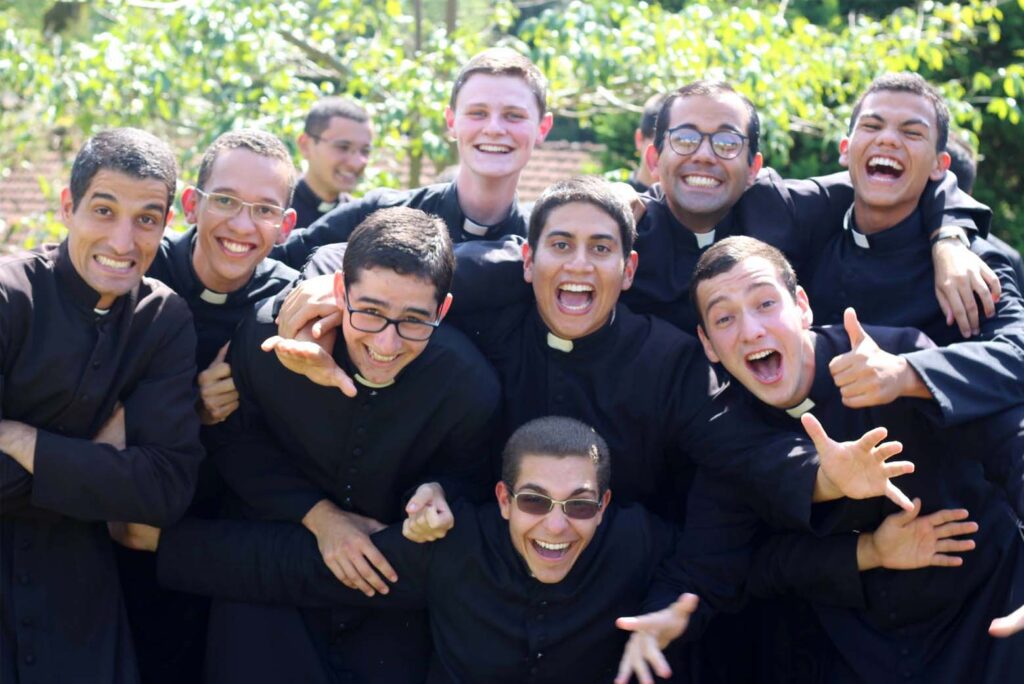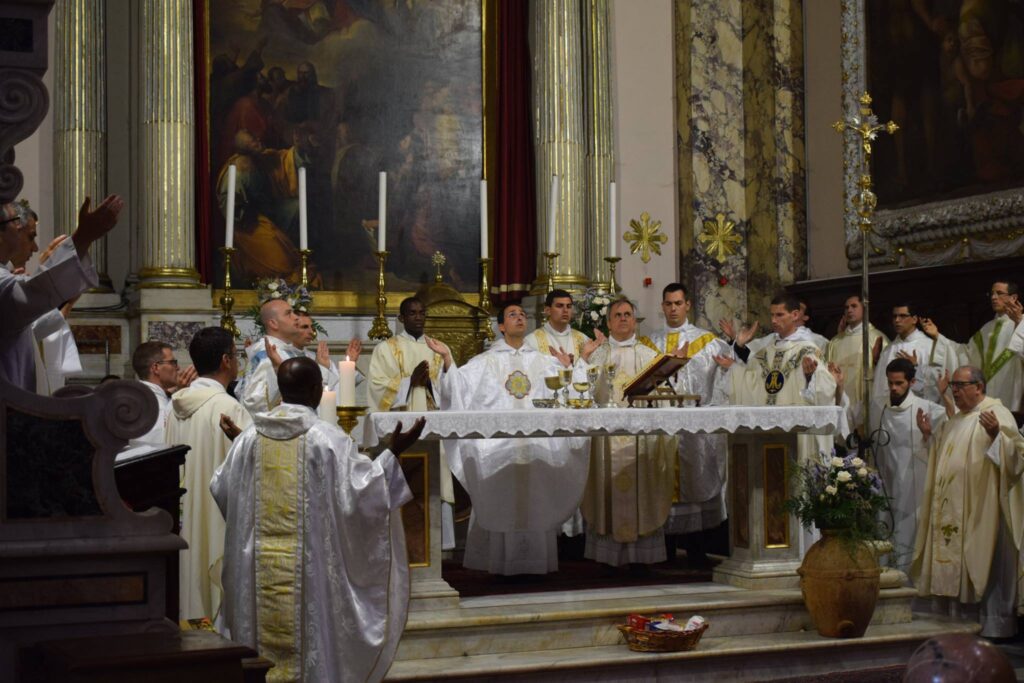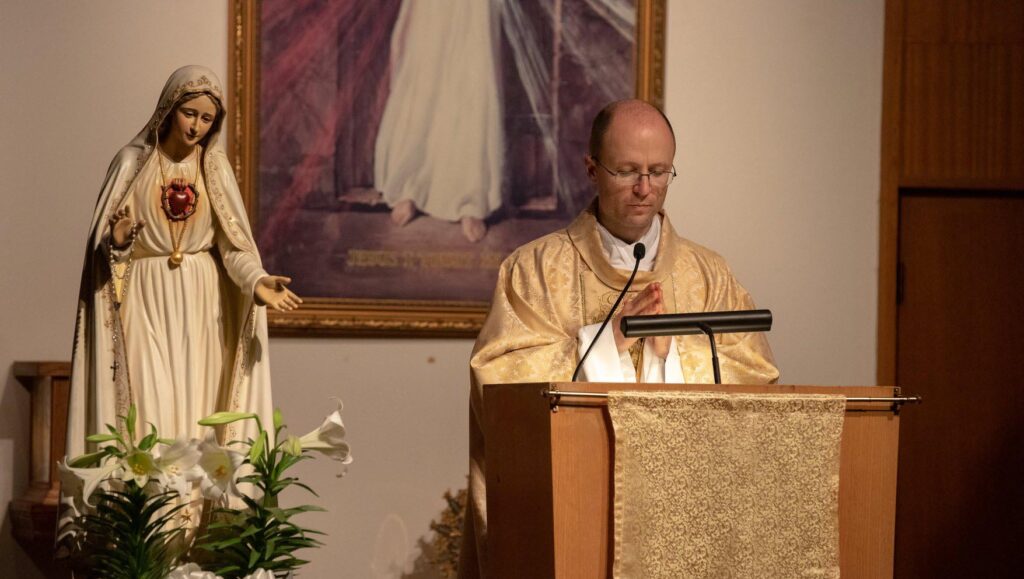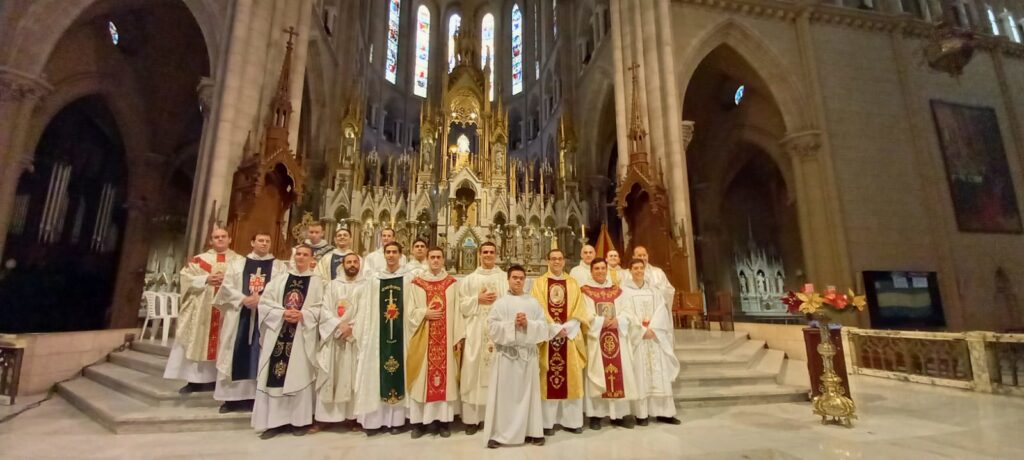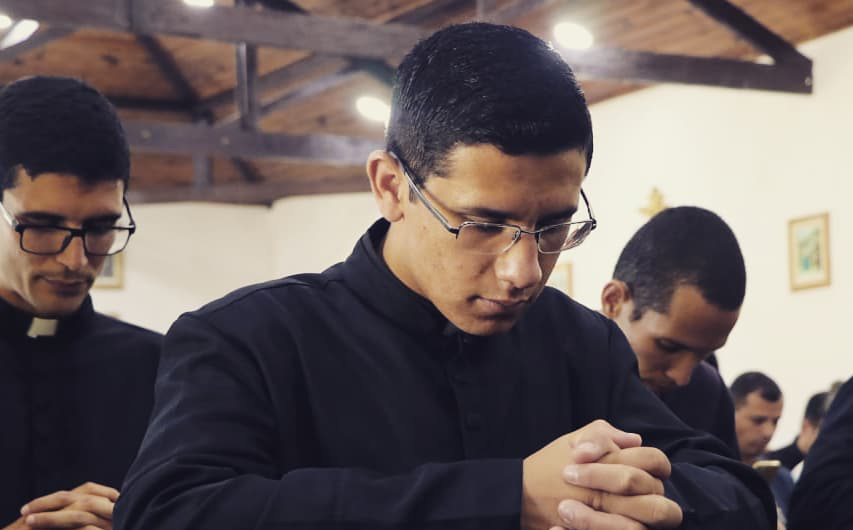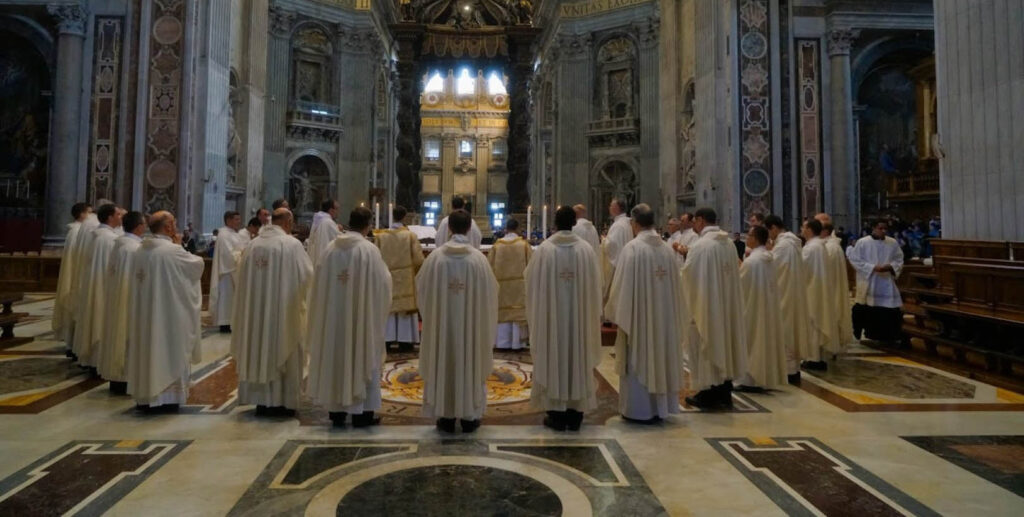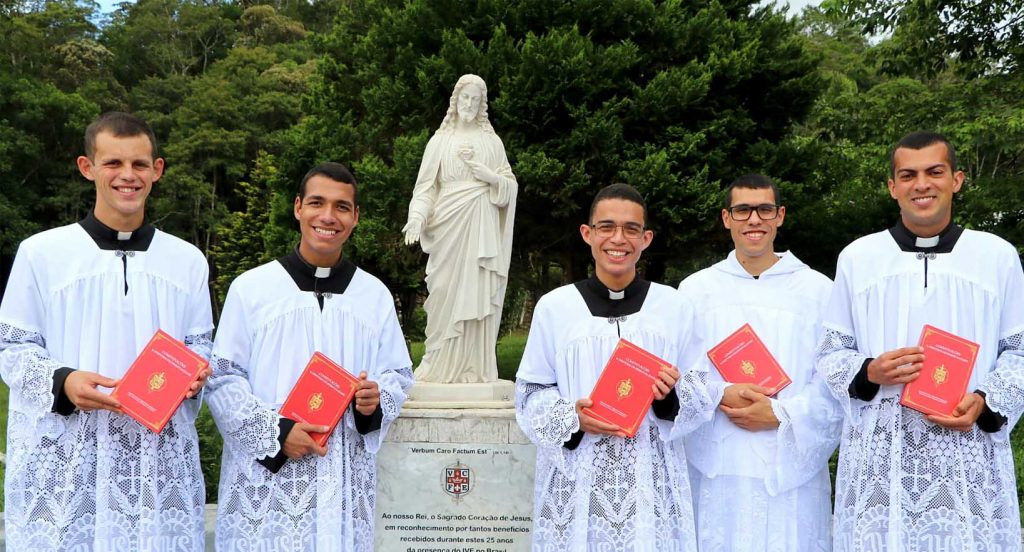The Works of Mercy
The Works of Mercy In a society in which science and technology advance at dizzying speeds, and notwithstanding the social and industrial development that permeates large sectors of society, there still remain poverty, pain, sickness, physical and moral suffering, lack of meaning, and loneliness, thus begetting new poor people; the whole Institute, as another […]
The Works of Mercy Read More »


